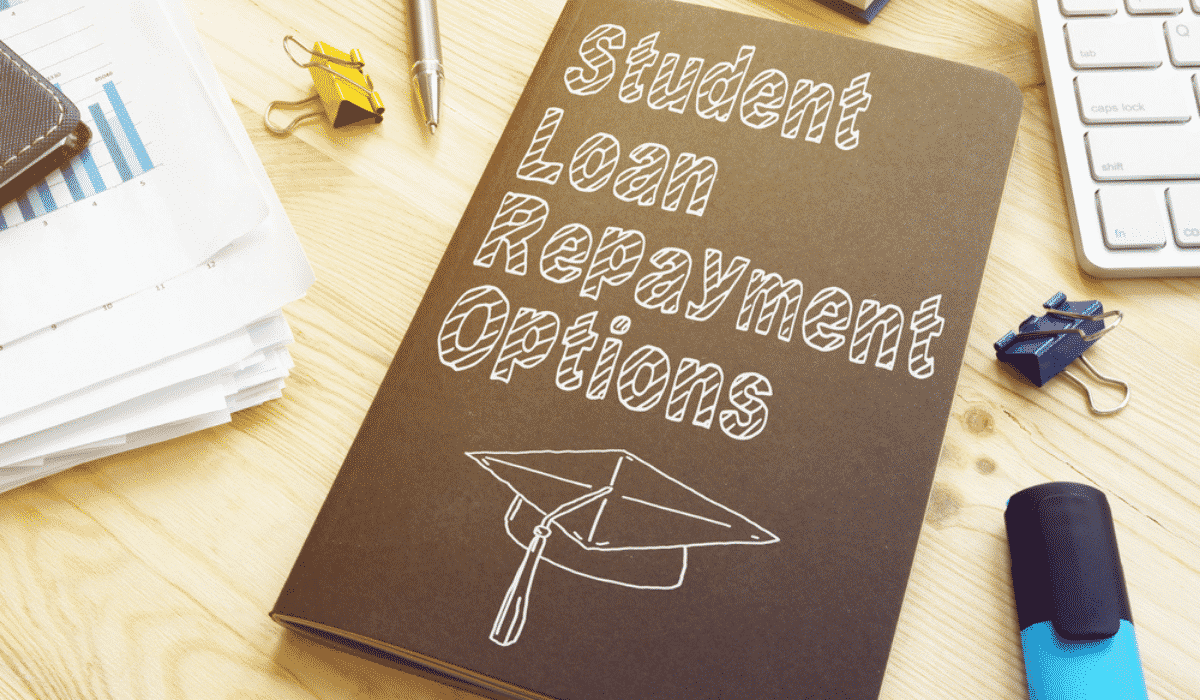Back in March, the US government announced that it would be suspending all payments on federal student loans. This moratorium on payments was extended until January 31, 2021.
Although we don’t rule out the possibility of this moratorium’s extension by the Biden administration, we wanted to teach you about your options for student loan repayment in 2021.
What Are My Options For Student Loan Repayment in 2021?
Income-based repayment
Income-based repayment is a great way to get started on paying down your student loans without making it impossible for you to afford basic living expenses. So what are income-based repayment programs, and how do they work?
With an income-driven repayment program, you only have to pay a small amount every month, less than your typical payment would be. The way they assign your payment amount is based on a percentage of your discretionary income. The US Federal Student Aid website defines discretionary income as “the difference between your annual income and 150% of the poverty guideline for your family size and state of residence”.
There are several different types of income-based repayment plans, and all of them will differ depending on your situation. To figure out which one is the best for you, you’ll want to the US government announced that it would be suspending all payments on federal student loans
Income-based repayment options may not be available for privately held student loans, such as loans issued by Sallie Mae.
For more information about income-driven repayment plans, go to the US Government Student Aid website.
Deferment and forbearance
After the moratorium ends, you may still be able to put your loans in forbearance. Forbearance is when you and the lender agree that you will stop payments on the loan for a set length of time (usually 3 months). Interest continues to accrue, but you don’t owe anything extra if your loan is in forbearance.
Deferment is a bit different, and usually you need to meet certain conditions to qualify for student loan deferment. Deferment is generally available to those who are current students, medical residents, or those who are working in professions such as teaching. In some situations, your interest may no longer accrue.
If you’re concerned about being able to make your payments in February, you may want to consider putting your loans in forbearance.
Refinancing or Consolidation
Many student borrowers find that their loan has an enormous interest rate, making it hard to afford the payments on them. Refinancing or consolidation can help you, providing low monthly payments with a fixed interest rate.
Refinancing and consolidation are similar, but they refer to different things. Refinancing is when you pay off one loan by taking a new one, often with lower payments and/or a lower interest rate. Consolidation takes multiple loans and bundles them together into one loan, often by using the new, large loan to pay off the smaller ones.
The US Government offers a Direct Consolidation Loan which you can apply for here. If you are struggling with student debt, you can choose to consolidate your loans using a private lender instead. Depending on the interest rate you get and the payments you will have, you may decide to choose one over the other.
If you refinance or consolidate federal student loans using a private company, you may lose some of the benefits of taking out federal student loans such as subsidized interest rates and income-based repayment. We recommend saving refinancing for private student loans or federal loans with higher interest rates such as PLUS loans.
Learn more about paying for education in our guide to student loans!
Student Loan Repayment in 2021, Student Loan Repayment 2021, Student Loan Repayment, Student Loan Repayment options, income based student loan repayment


